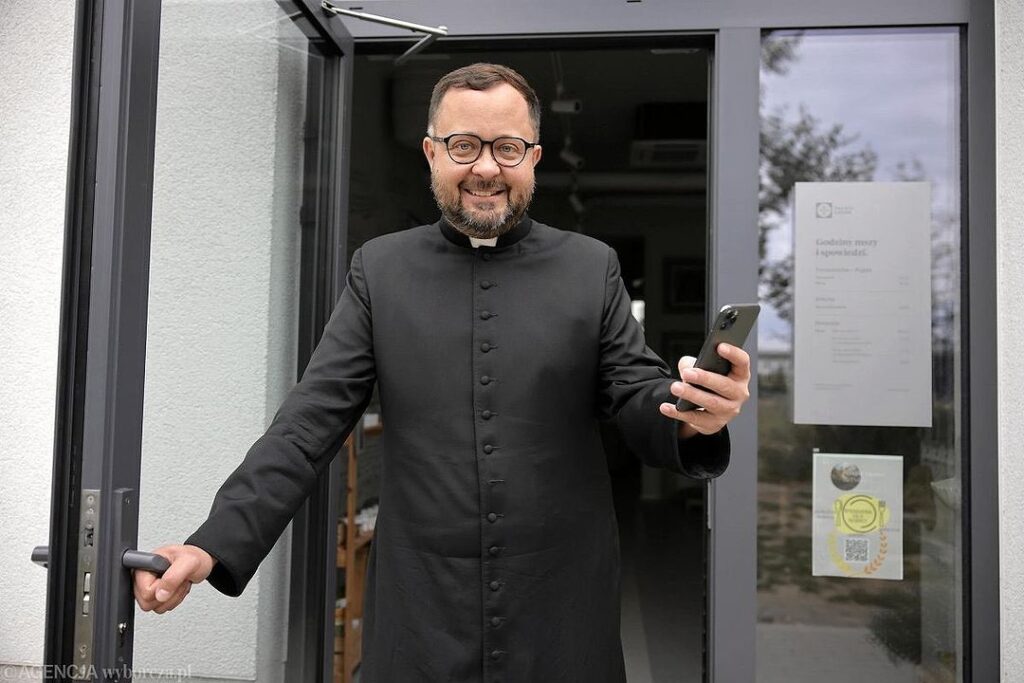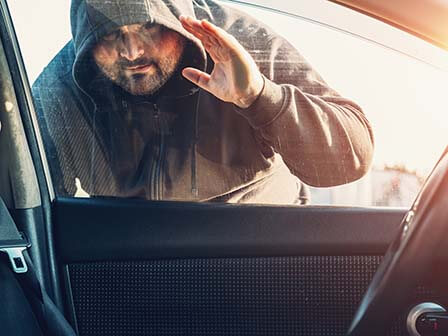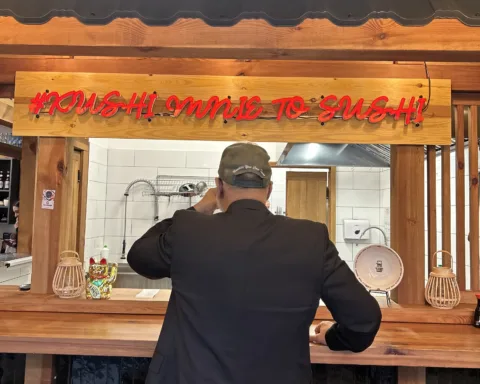Here we are, folks. Welcome to the future of faith, where you don’t need a priest, just an app and a Wi-Fi connection. Poznań has just launched Poland’s first priestless, 24/7 interactive chapel. Sounds impressive, right? Not so fast. This isn’t some next-level spiritual breakthrough; it’s another sad sign of how society’s getting way too comfortable with being alone—talking to robots, even for our prayers now.

Yeah, you heard that right. A virtual “priest” is now on standby to guide you through your spiritual needs in the Jesus Name parish’s brand-new Nano Chapel. Swipe your app, verify your identity, and boom—you’re in. No need to chat with Father so-and-so. Just hit up the AI priest, who’ll spout Bible verses and catechism like your favorite chat bot. Pray on your own, sip some coffee, hang out, and maybe even “talk” to a machine about your faith. Kinda surreal, isn’t it?

But seriously, why? Father Rakowski, the mind behind this project, says people want to pray at odd hours—before work or after 9 p.m. when the church doors are locked. And I get it, life’s hectic. But let’s be real for a sec: this isn’t about making life easier for the faithful. This feels more like a cop-out. Instead of priests showing up and putting in the time with their congregation, they’re outsourcing their job to AI. What happened to priests actually being in the church, you know, doing what they’re paid for?

Father Rakowski could have just had priests rotate shifts—covering morning, noon, and night. It’s not like they’re pulling 9 to 5s, right? But nah, let’s dump some of that church donation money into apps, AI, and fancy doors with fingerprint scanners so they can chill at home while believers talk to bots. Is this really how we strengthen faith? By making everything more convenient and impersonal?

Sure, the chapel looks slick. And it’s cool that people can meet up there, have a coffee, maybe kick it with friends while soaking in the presence of the Blessed Sacrament. But at what cost? When everything from fast food to confessionals goes virtual, we’re just pushing ourselves deeper into this solo, screen-obsessed world. Interacting with machines is easier than dealing with real human connections—and that’s where the danger lies.










